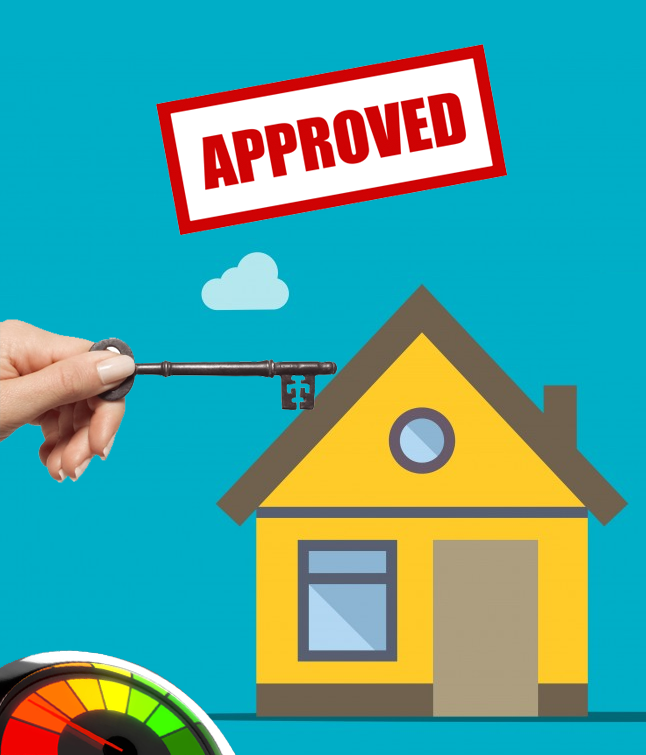Author: Geoffrey Page
Buying a house is one of the best financial investments you can make to reduce expenses in your life and provide an extra sense of comfort.
However, purchasing a home can be financially difficult, especially when your credit score is not good enough.
This guide is created to walk you through the process of buying a home with bad credit.
What is a Credit Score?
A credit score is a 3-digit number used to measure how well you qualify for a loan. To lower risk, lenders rely on your credit score to estimate how much risk would be involved in lending you money.
Below are the different levels in the credit score rating system that show lenders how credit-worthy you are:
- Exceptional: 800-850
- Very good: 740-799
- Good: 670-739
- Fair: 580-669
- Poor: Under 580
Having a good or excellent credit score can give you access to the best available loan deals. However, you may struggle to purchase a home with a credit score that is fair or poor.
Bad credit can be caused by missed payments, negative information, errors in the credit report, etc.
How to Acquire a Home with a Bad Credit
-
Get your Credit Report
The first step is getting a copy of your credit report to see your most recent credit score and where you stand in terms of being able to purchase a home even with a poor credit score.
-
Contact a Housing Expert
Considering the difficulty in buying a house with low credit scores, you should speak to a housing expert who may advise you on your current situation.
When consulting a housing expert, make sure your preferred choice is certified by the HUD (Housing and Urban Development).
-
Consider your Housing Budget
It’s essential to calculate your available housing budget. Your housing costs must be realistic and consider expenses like home insurance, tax levies, maintenance costs, potential HOA costs, moving costs, etc.
Speaking to a housing expert can help you with the estimate your need to spend on your future home.
-
Pay Higher Interests
When trying to buy a house with a low credit score, be ready to pay higher interest on your mortgage. The higher interest is because of your bad credit which is a big risk for your lender or company helping you with your dream.
Also, you can start with a higher interest rate, then apply for a lower rate through refinancing once you have a better credit score.
-
Reduce Your debts
Aside from your credit score, lenders also want to know how much debt you have against your monthly income. This is called Debt To Income (DTI) ratio. This tells lenders how much of your income can be dedicated to other expenses outside your debts.
Most lenders prefer DTI ratios of 35% and below. So reducing your other debts can increase your chances of being able to purchase a home with poor credit.
You can calculate your “DTI” by tallying up all your debts, including credit cards, and adding them to your future mortgage payment plan, then dividing it by your monthly income.
You should also speak to a financial advisor about a debt-consolidation plan.
-
Consider a Down Payment
You can boost your chances of purchasing a home by making a down payment to the seller. Another benefit of a down payment is that it reduces the amount of interest on your mortgage loan.
-
Reduce Your Loan-To-Value(LTV) Ratio
Lenders prefer people with a low Loan-To-Value (LTV) ratio as it indicates a lesser risk to the lender. A good way to keep your LTV low is to hunt for good home deals and make a sizable down payment.
LTV ratio is calculated by dividing your mortgage amount by the value of the home you want to buy.
Final Thoughts
The process of acquiring a house with bad credits is difficult, but it can be accomplished with the help of the steps discussed in this article.
Reread this guide to understand what it takes to buy a house with bad credit. Nevertheless, don’t hesitate to consult a HUD-approved housing expert for professional help.

